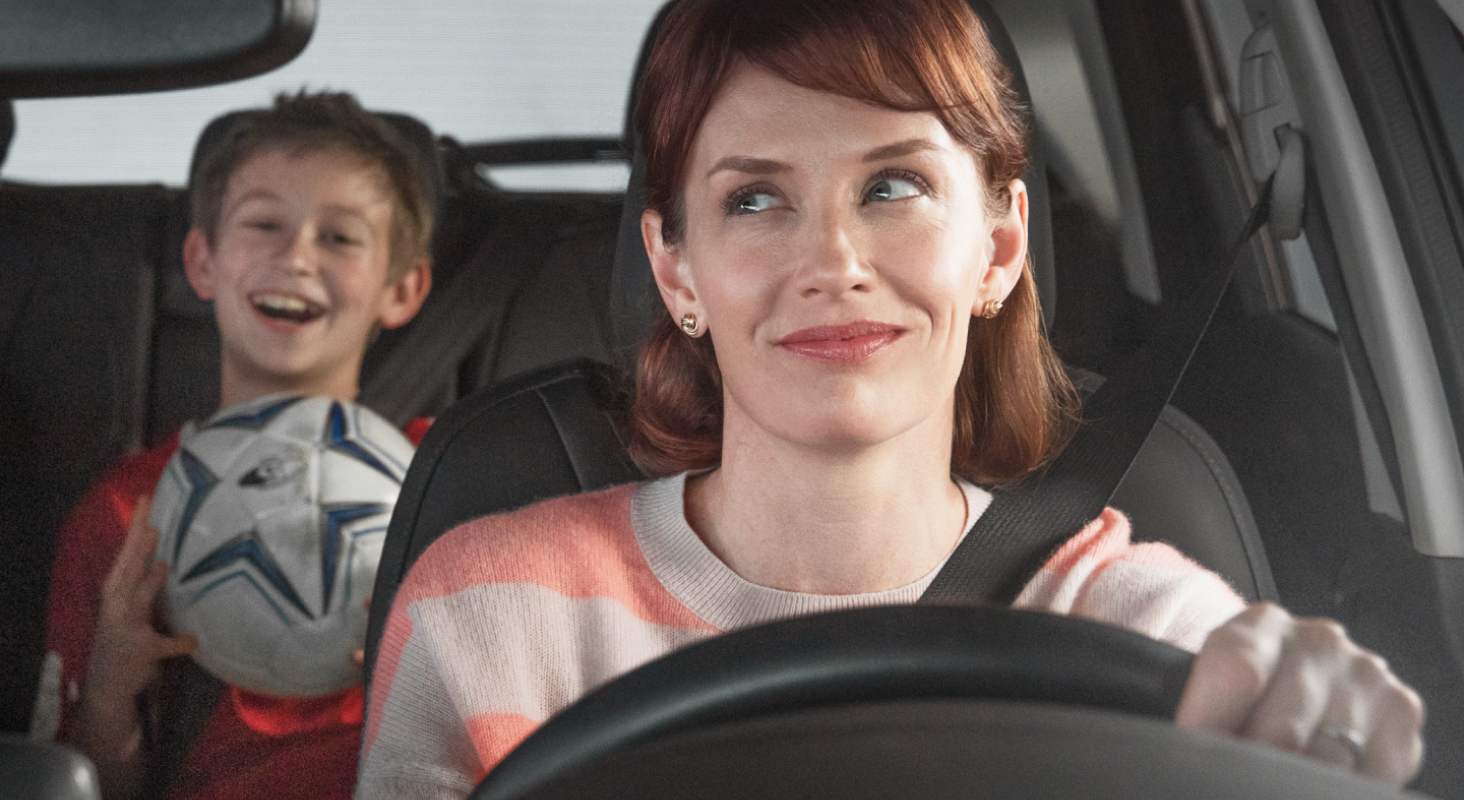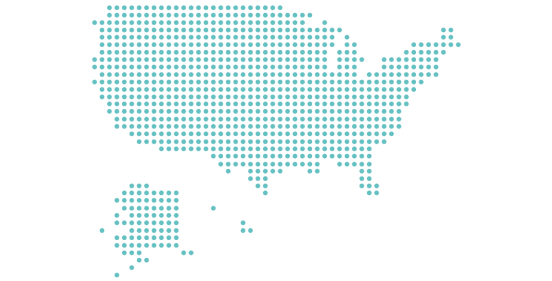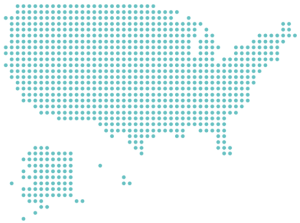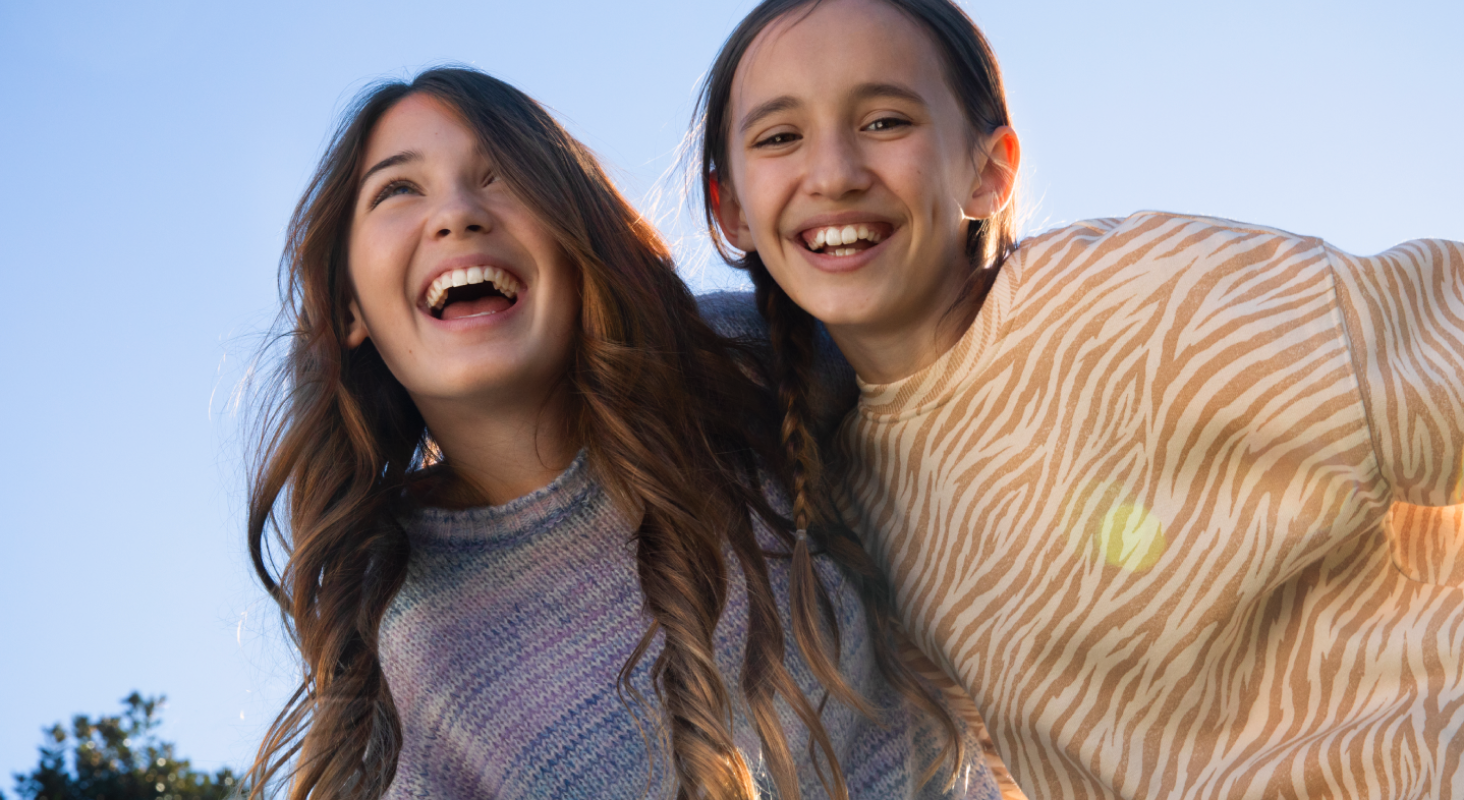Let’s talk about HPV (human papillomavirus) and certain cancers it can cause.
Did you know you could help prevent certain HPV-related cancers and diseases later in your child’s life? It’s time to learn more.
For most people, HPV clears on its own.
But for those who don’t clear the virus, it could cause certain cancers later in life.
What’s the risk?
HPV could lead to certain related cancers and diseases.
Why vaccinate?
Help prevent certain HPV-related cancers later in life.
More questions?
Have an informed conversation with your child’s doctor.

Let’s start with the facts:
As a parent, you need to know that HPV could lead to certain HPV-related cancers in both males and females.
HPV usually has no signs or symptoms, which means people can have the virus and pass it along without knowing.
HPV may be more common than you think. And since HPV can be passed through more than just intercourse, all that may be needed is intimate skin-to-skin contact with an area of the body infected with HPV.
HPV vaccination could help prevent certain cancers and diseases caused by certain types of HPV.
For most people, HPV clears on its own.
But for those who don’t clear the virus, it could cause certain cancers later in life.
Curious about vaccination?
HPV vaccination could help protect against certain HPV-related cancers and diseases later in life.

What’s the risk?
HPV may be more common than you think.
There is no way to know which people who have HPV will develop an HPV-related cancer.
For most people, HPV clears on its own. But for those who don’t clear the virus, it could cause certain cancers later in life. So while your child may not be at risk now, you could help prevent certain HPV-related cancers later in life.


Tens of thousands of people in the United States were diagnosed with certain HPV-related cancers each year from 2017-2021.*
*Based on CDC data.

Why vaccinate?
HPV vaccination is a type of cancer prevention against certain HPV-related cancers.
Why should I vaccinate my child against HPV-related cancers if they’re not at risk right now?
Vaccinate before exposure. HPV vaccination helps protect against certain HPV-related cancers and diseases later in life. For most people, HPV clears on its own. But for those who don’t clear the virus, it could cause certain cancers later in life.
Your child’s next well visit is a great time to ask their doctor about HPV vaccination.

Frequently Asked Questions
Start with these questions to talk with your child’s doctor about HPV vaccination.
What is HPV?
HPV is a virus that could lead to certain related cancers.
For most people, HPV clears on its own. But for those who don’t clear the virus, it could cause certain cancers later in life.
Can my son get HPV?
Yes, males can get HPV and pass it on, too. And since HPV can be passed through more than just intercourse, all that may be needed is intimate skin-to-skin contact with an area of the body infected with HPV. People can pass along HPV without knowing, because it usually has no signs or symptoms. HPV can also affect males later in life with certain HPV-related cancers.
For most people, HPV clears on its own. But for those who don’t clear the virus, it could cause certain cancers later in life.
Who is at risk for HPV?
Both males and females are at risk for HPV, which usually spreads through sexual contact. And since HPV can be passed through more than just intercourse, all that may be needed is intimate skin-to-skin contact with an area of the body infected with HPV. People can pass along HPV without knowing, because it usually has no signs or symptoms.
For most people, HPV clears on its own. But for those who don’t clear the virus, it could cause certain cancers later in life.
Are there symptoms of HPV infection?
HPV infection usually has no visible signs or symptoms.
For most people, HPV clears on its own. But for those who don’t clear the virus, it could cause certain cancers later in life.
How is HPV transmitted?
As a parent, you may be surprised to learn that both males and females are at risk for HPV, which usually spreads through sexual contact. And since HPV can be passed through more than just intercourse, all that may be needed is intimate skin-to-skin contact with an area of the body infected with HPV. People can pass along HPV without knowing, because it usually has no signs or symptoms.
For most people, HPV clears on its own. But for those who don’t clear the virus, it could cause certain cancers later in life.
What is HPV vaccination?
HPV vaccination is a type of cancer prevention. It can help protect your child from certain HPV-related cancers and diseases later in life.


